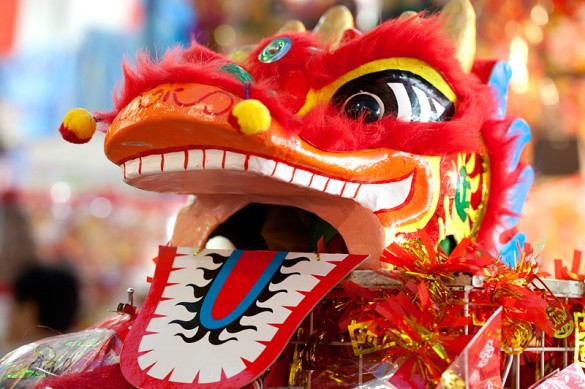Zuletzt aktualisiert: 13. August 2018

Die Sprache Chinesisch ist mittlerweile auch geläufig und wird sogar als Schulfach angeboten; Klassenfahrten und Schüleraustauschprogramme nach China sind auch nichts Außergewöhnliches mehr. In Köln, dem Hauptsitz von Lingua-World, feiern wir 2012 sogar das „Chinajahr“, d.h. die 25-jährige Städtepartnerschaftsjubiläum mit Peking (chinesisch: Beijing) wird gewürdigt. Dabei rücken die Kölnerinnen und Kölner mit ihren chinesischen Freundinnen und Freunden das Reich der Mitte im chinesischen Jahr des Drachen in den Fokus und ließen dazu in diesen Tagen beim „Drachenfest“ die Drachen tanzen.

Für Lingua-World und den Übersetzungsmarkt sind mittlerweile auch die Übersetzungskombinationen Deutsch-Chinesisch und Chinesisch-Deutsch sehr gefragt und lukrativ, da dies eine sehr komplexe Sprache ist und deshalb auch einen anderen Status hat als herkömmliche Sprachen. Unser Aufruf also an die deutsche Export –
Wirtschaft: Lernt Chinesisch! Wie viele Stunden Unterricht braucht man eigentlich dafür?
Who dance with the dragon?
China is a nation that has certainly earned the respect of everyone here in Europe. Alongside Brazil, Russia and India, China is one of the so-called BRICS countries, all of which currently boast booming economies. Where its sporting achievements are concerned, China recently entered into a neck-and-neck race with the USA to become the top nation in the Olympic Games medals table. On top of all this, China is also considered to be the world’s top “manufacturing powerhouse” and is therefore one of the world’s ultimate economies. But what do we really know about the Chinese? What drives them and what makes them so different to us? Is it their diligence? Do their educational methods have something to do with it? Are we too soft where our own educational methods are concerned?

The Chinese language is now commonly used around the world and is even taught in schools in some nations. Class trips to China and student exchanges with Chinese schools are no longer unique occurrences. In the German city of Cologne, which is home to the Lingua-World head office, we are even celebrating the “Year of China” in 2012 in honour of the 25th anniversary of the city’s twinning with Peking (or as the Chinese call it, Beijing). The citizens of Cologne are therefore joining forces with their Chinese friends to focus on the “Middle Kingdom” throughout 2012, the Chinese Year of the Dragon, for example by coming together to let the dragons dance at the city’s recent “Drachenfest” kite festival.

Both Lingua-World and the translation market in general are now experiencing high demand for the very lucrative translation combinations of German > Chinese and Chinese > German due to fact that this language is extremely complex and therefore also has a different status in comparison with conventional languages. Our appeal to the German export economy is therefore as follows: Learn Chinese! The question is, how many hours of teaching do you actually need in order to master the Chinese language?

